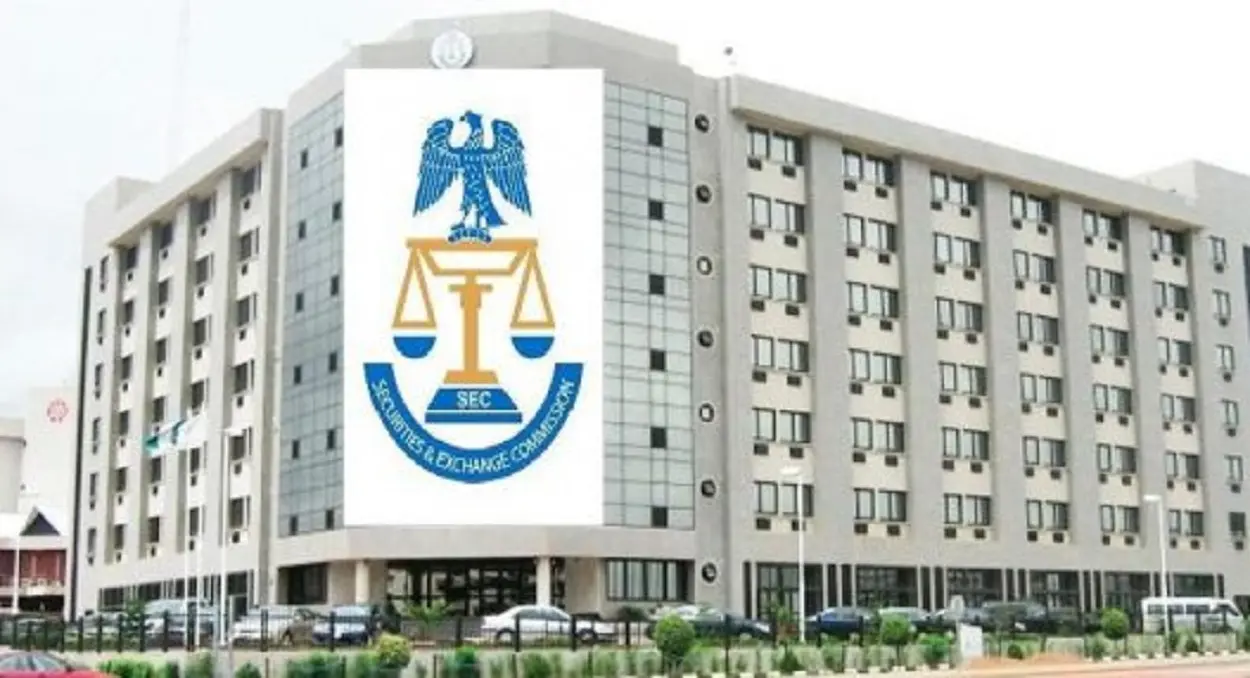The Chief Executive Officer of the National Agency for Science and Engineering Infrastructure, Mr. Khalil Halilu has said that the Agency is projecting to lift 2.5 million Nigerians out of poverty within five years, through technology transfer and its various programs.
This was disclosed by Halilu at a media parley on Wednesday in Abuja, according to nairametrics.
He noted that the anticipated outcome of technology transfer to Nigeria’s economy includes reducing import bills by 25% to 37.4 billion dollars by 2030 through partnerships that would encourage the local manufacturing of the top 10 highly demanded items.
According to him, the organization forecasts that more than 3 million jobs will be created by 2030 through targeted technology transfer for 300,000 SME.
He said, “We hope to increase import to N53.6 trillion by 2030 through value addition and strategic partnership to foreign markets.”
Halilu believes that NASENI will change Nigeria’s economy through the facilitation of access to technology and global markets for trade. He also claims that in its six months of office, the Agency has undertaken to build SMEs’ capacities by working with them on 35 market products that have already been produced.
He stated that some products have already been launched, including electric tricycles, laptops, mobile phones, lithium batteries, solar home systems, and photovoltaic equipment.
In his opinion, the initiative of deploying existing local SME structures and technologies as partners to accelerate results and address local needs has enabled NASENI to achieve production within a short period.
He said that NASENI is partnering with the Rural Electrification Agency to deploy its renewable energy technologies, particularly solar resources, in rural communities aimed at illuminating the areas.
In addition, He affirmed that the organization had signed an agreement with a Chinese firm to build a Lithium Iron plant worth 150 million dollars, as part of Nigeria’s efforts to meet the global upsurge in energy transition.
Also, NASENI is working with partners in the state of Nasarawa to deploy at least 5,000 Solar Home Systems to scale up the intervention to other parts of the country.
The NASENI Boss said that the organization had launched a special fund scheme called Developing Engineering Leaders through Her (DELT-HER), to encourage women’s inclusion in the engineering sector.









